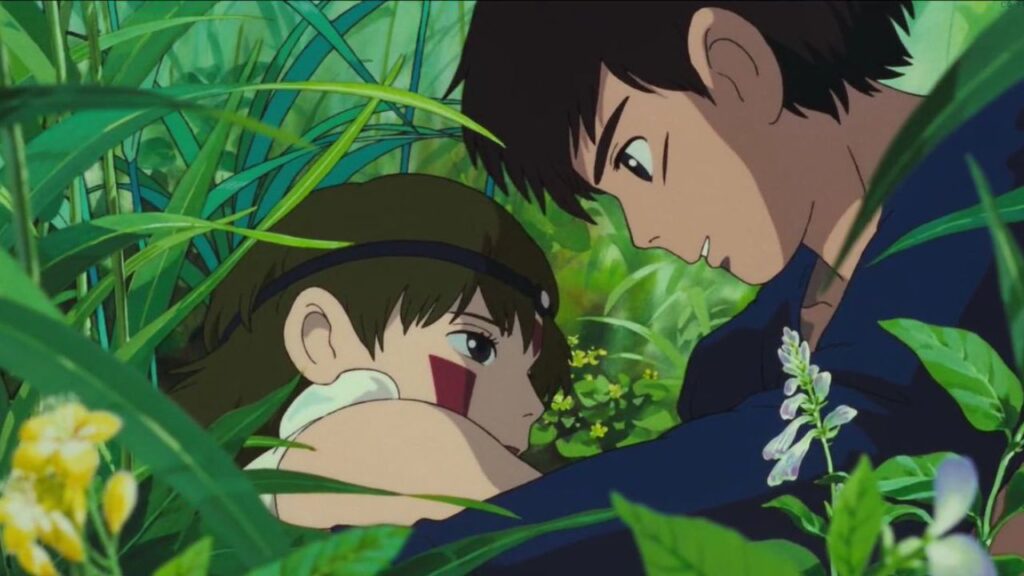Some movies age like fine wine. Others become relics of their time. Princess Mononoke does something far more extraordinary. It grows more urgent with each passing year. Nearly three decades after its 1997 release, Miyazaki’s environmental epic returns to theaters carrying a weight that feels almost prophetic.
What struck audiences as fantasy in 1997 now reads like a documentary. The film’s central conflict between industrial progress and environmental preservation has escalated into our daily reality. Climate change accelerates. Deforestation ravages ecosystems. Technology consumes energy at unprecedented rates. Miyazaki’s vision of cursed landscapes and corrupted spirits feels less like mythology and more like tomorrow’s headlines.
Miyazaki’s Environmental Masterpiece Princess Mononoke Proves More Relevant Than Ever in Our Climate Crisis Era
The story follows Prince Ashitaka, cursed after battling a demon-possessed boar god. His journey west leads him into a brutal war between Irontown’s industrial settlers and the forest’s ancient spirits. Yet Princess Mononoke transcends simple environmental messaging. Miyazaki crafts a morally complex narrative where neither side claims absolute righteousness. The humans need iron to survive. The forest spirits defend their sacred home. Both sides harbor hatred. Both refuse compromise.
This moral ambiguity makes the film’s environmental message hit harder today. We can’t simply villainize industrial progress or romanticize nature. The real world demands nuanced solutions. Miyazaki understood this complexity decades before most filmmakers dared explore it. His refusal to offer easy answers makes Princess Mononoke feel painfully relevant in our polarized climate debates.
princess mononoke (1997), dir. hayao miyazaki pic.twitter.com/2b60EI5MXN
— cinesthetic. (@TheCinesthetic) March 29, 2024
The relationship between Ashitaka and San anchors this epic struggle. Their connection transcends traditional romance. They represent opposing worlds learning to understand each other. When they part at film’s end. Ashitaka helping rebuild Irontown while San protects the forest. Their promise to meet again offers hope. Love persists across impossible divides.
Also Read: KPop Demon Hunters Makes Netflix History by Shattering Surprising 5-Week Record
Princess Mononoke’s return to theaters arrives at a crucial moment. AI technology accelerates energy consumption while environmental crises intensify. Miyazaki himself called AI “an insult to life itself.” His 1997 masterpiece anticipated our current technological anxieties. The film asks whether humans can find balance with nature before destroying everything. Nearly thirty years later, we’re still searching for that answer. The movie’s theatrical return reminds us that some stories become more essential with time. Princess Mononoke isn’t just returning to cinemas. It’s returning to warn us.

